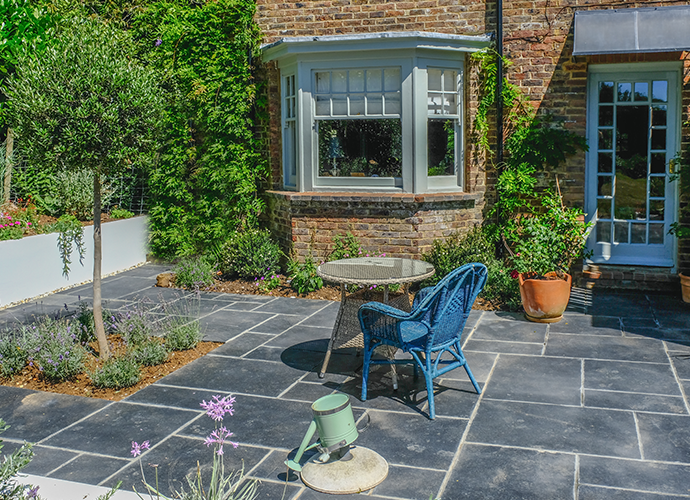Maintaining a garden can be a joy for some and a chore for others, but it’s an important aspect of property upkeep that cannot be ignored. In rented homes, garden maintenance responsibilities can sometimes be a grey area. This article will clarify who is responsible for garden upkeep, what is expected of tenants and what landlords need to manage.

Understanding Responsibilities
The responsibilities for garden maintenance in rented properties are typically outlined in the tenancy agreement. However, there can be varying interpretations of these responsibilities. It is crucial for both tenants and landlords to understand their roles to avoid misunderstandings and ensure the garden remains a pleasant space.
What is Expected of Tenants?
General Upkeep
Tenants are generally expected to perform basic garden maintenance tasks. These include mowing the lawn, watering plants, weeding flower beds and keeping the garden tidy. Such tasks are considered part of the general upkeep of the property, similar to cleaning the interior.
Seasonal Duties
Depending on the property, tenants may also be responsible for seasonal tasks. This could involve raking leaves in the autumn, trimming hedges and ensuring that pathways and patios are kept free from moss and algae. These tasks help to maintain the garden’s appearance and prevent any potential hazards.
Reporting Issues
Tenants should report any significant garden issues to their landlord or letting agent. This includes problems like broken fences or overgrown trees. Prompt reporting allows the landlord to address these issues before they become more serious and potentially costly.
What Landlords Need to Deal With
Structural and Major Maintenance
Landlords are typically responsible for more significant garden maintenance tasks. This includes structural repairs such as fixing fences, walls and gates. They are also responsible for maintaining any permanent fixtures in the garden, like sheds, greenhouses or decking.
Health and Safety
Ensuring the garden is safe is a landlord’s duty. This involves addressing any major hazards that could cause injury, such as unstable trees, broken paving stones or faulty garden lighting. Regular inspections can help identify and rectify these issues promptly.
Professional Services
In some cases, landlords may choose to hire professional gardeners for more complex or time-consuming tasks, such as tree surgery or extensive landscaping. These services can ensure the garden is maintained to a high standard, which can be particularly beneficial for properties with large or elaborate gardens.
Negotiating Responsibilities
Clear Communication
Clear communication between tenants and landlords is key to successful garden maintenance. The tenancy agreement should specify the responsibilities of each party. If there is any uncertainty, tenants should ask for clarification at the start of the tenancy to avoid disputes later on.
Flexibility
Sometimes, tenants may have a genuine interest in gardening and wish to make improvements or changes to the garden. In such cases, it is advisable for tenants to seek permission from the landlord before making any alterations. Landlords can then provide guidance.
Written Agreements
Any agreements regarding garden maintenance beyond the standard expectations should be documented. This could be an additional clause in the tenancy agreement or a separate written agreement. Documenting these responsibilities helps protect both parties and provides a reference point in case of disputes.
Benefits of a Well-Maintained Garden
Increased Property Value
For landlords, a well-maintained garden can significantly enhance the value and appeal of the property. It can attract higher-quality tenants and potentially allow for higher rental rates. A beautiful garden also contributes positively to the overall neighbourhood, enhancing community aesthetics.
Improved Tenant Experience
For tenants, having a well-maintained garden can improve their living experience. A pleasant outdoor space can provide a place for relaxation and recreation and can also be a source of pride. Engaging in gardening activities can also have mental and physical health benefits.
Garden maintenance in rented homes is a shared responsibility that requires clear communication and understanding between tenants and landlords. By defining and agreeing upon responsibilities, both parties can ensure the garden remains a welcoming and well-maintained space.
Whether you are a tenant or a landlord, maintaining a garden can be rewarding and beneficial. If you have any questions about garden maintenance or need assistance with your rental property, don’t hesitate to contact Northwood Wrexham. Our team of experts is here to help you with all your property management needs.








